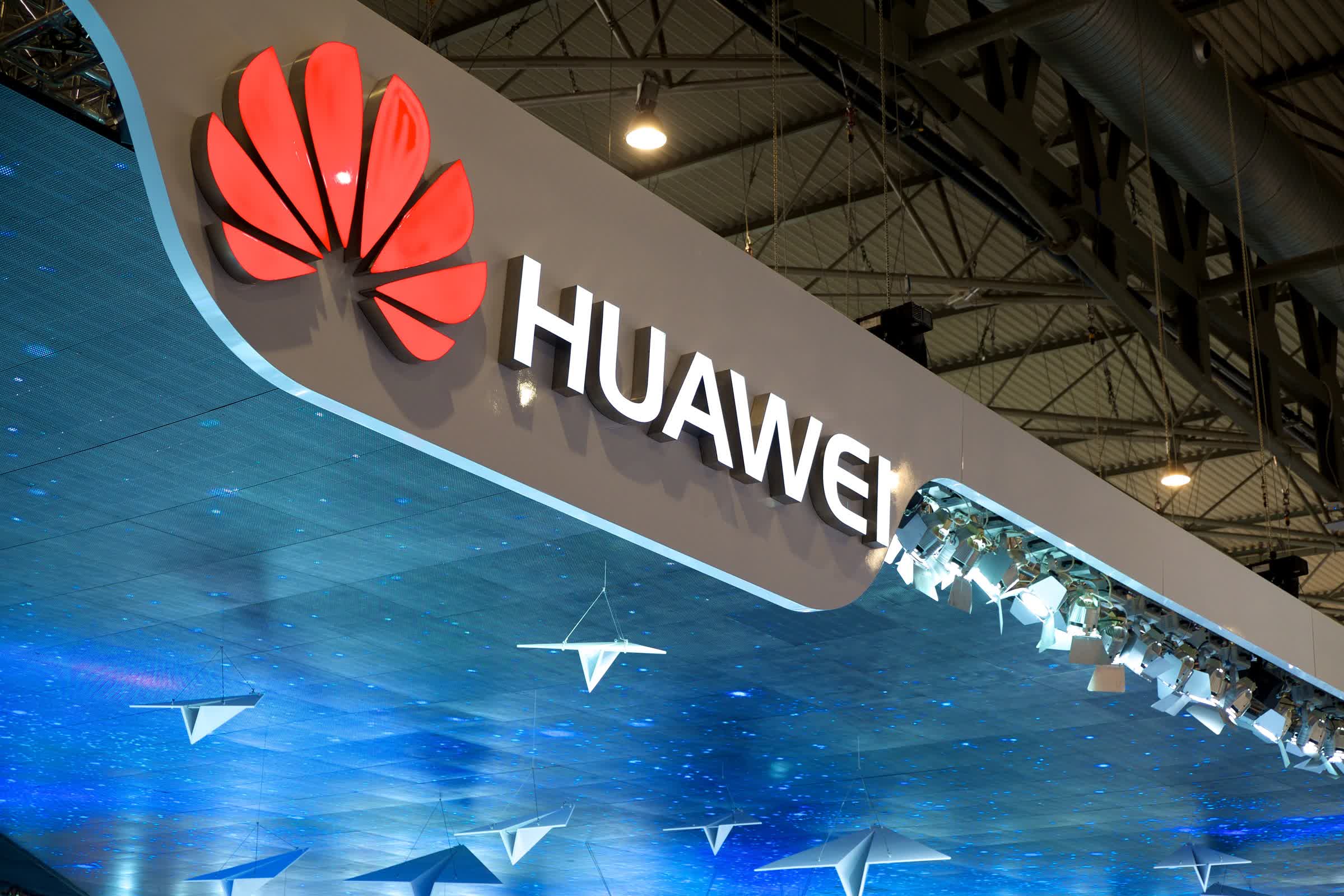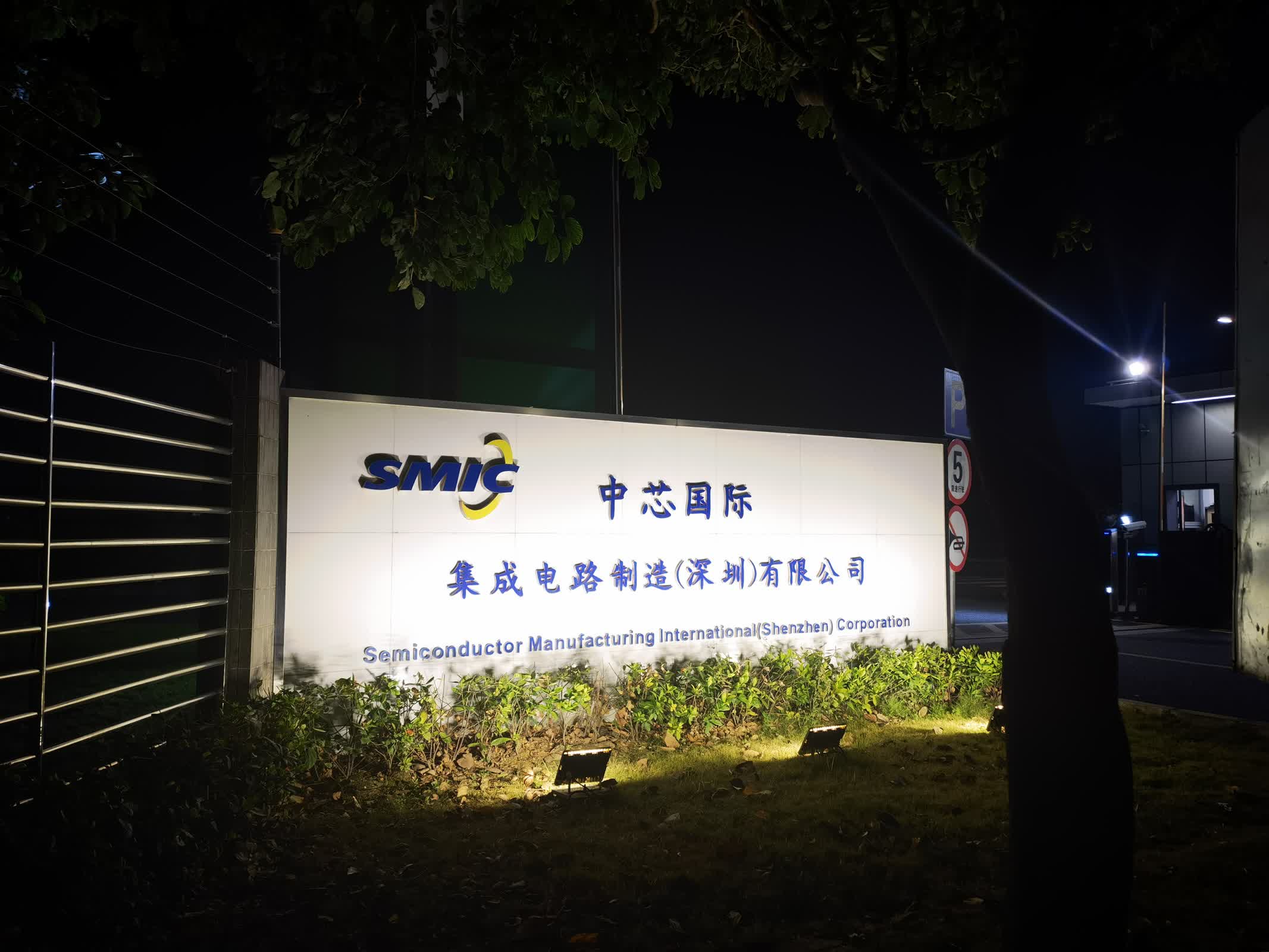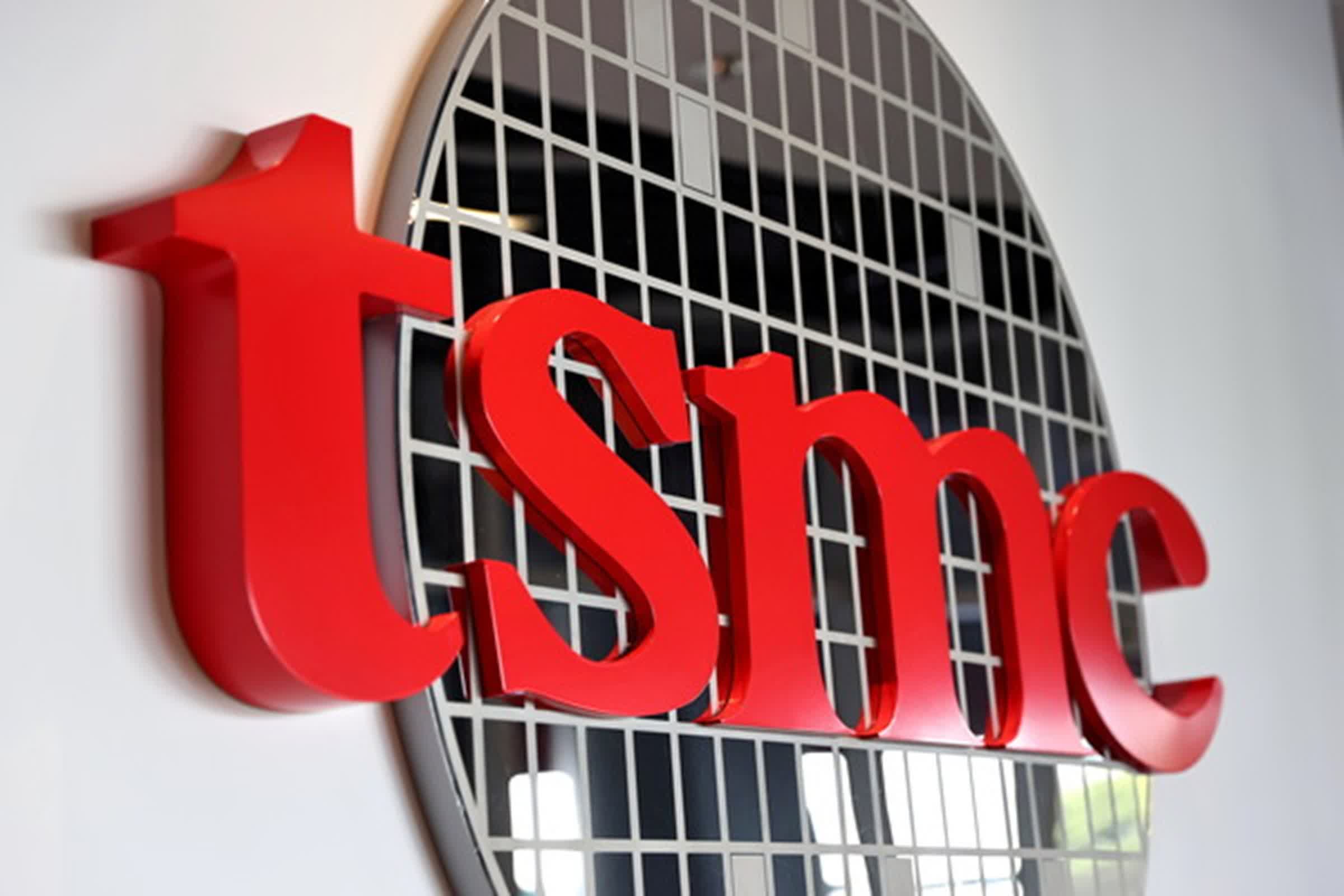What just happened? Taiwan has imposed sweeping new export controls on two of China's most critical technology firms, Huawei Technologies and SMIC, thereby escalating a high-stakes battle over the future of advanced semiconductors and artificial intelligence. The move, announced by Taiwan's Ministry of Economic Affairs and approved by the International Trade Administration, places both companies on the strategic high-tech commodities entity list, a roster that includes organizations such as the Taliban, al-Qaeda, and sanctioned entities from Iran, Russia, and North Korea.

This designation means that any Taiwanese company wishing to export goods to Huawei or SMIC must now obtain a special permit. The controls are designed to prevent the unregulated transfer of sensitive technologies that could have military applications, reflecting mounting concerns in Taipei and among its Western allies about the potential misuse of cutting-edge chips.
Both Huawei and SMIC have already been targeted by extensive US sanctions that severely restricted their access to American technology. However, Taiwan's new restrictions strike at the heart of China's efforts to achieve semiconductor self-sufficiency and compete globally in artificial intelligence. As the world's leading hub for advanced chip manufacturing, Taiwan's decision is expected to have a far-reaching impact, potentially cutting off Chinese firms from the sophisticated components and manufacturing expertise they need to develop next-generation AI processors.

The urgency behind these measures has been heightened by recent revelations that Huawei allegedly used shell companies to circumvent US export controls, securing the production of two million advanced AI chips from TSMC for its Ascend 910-series processors. The Taiwanese government's updated entity list, released over the weekend, is widely seen as a direct response to such incidents, aiming to close loopholes and reinforce compliance among local manufacturers.
The ramifications of Taiwan's export controls extend well beyond TSMC. The island's semiconductor ecosystem includes other major players such as UMC, ASE, SPIL, and Nanya Technology, all of which will now face tighter scrutiny and potential barriers to doing business with the blacklisted Chinese firms.

Neither Huawei nor SMIC has issued a public response to their inclusion on the list, which comes amid ongoing trade tensions and a broader push by the United States to limit China's access to advanced semiconductor technology. As the global chip war intensifies, Taiwan's latest move signals a determination to safeguard its technological edge while aligning more closely with Western export control regimes.
Taiwan joins chip war escalation, blocks exports to Huawei and SMIC